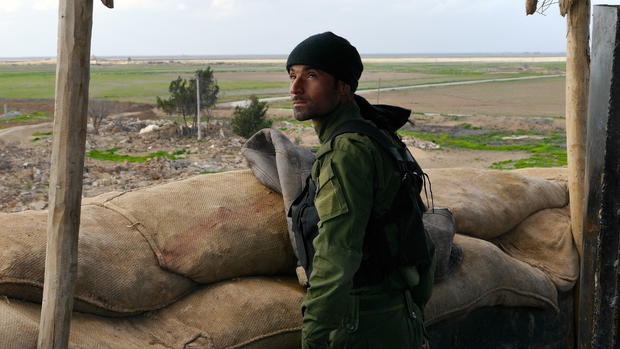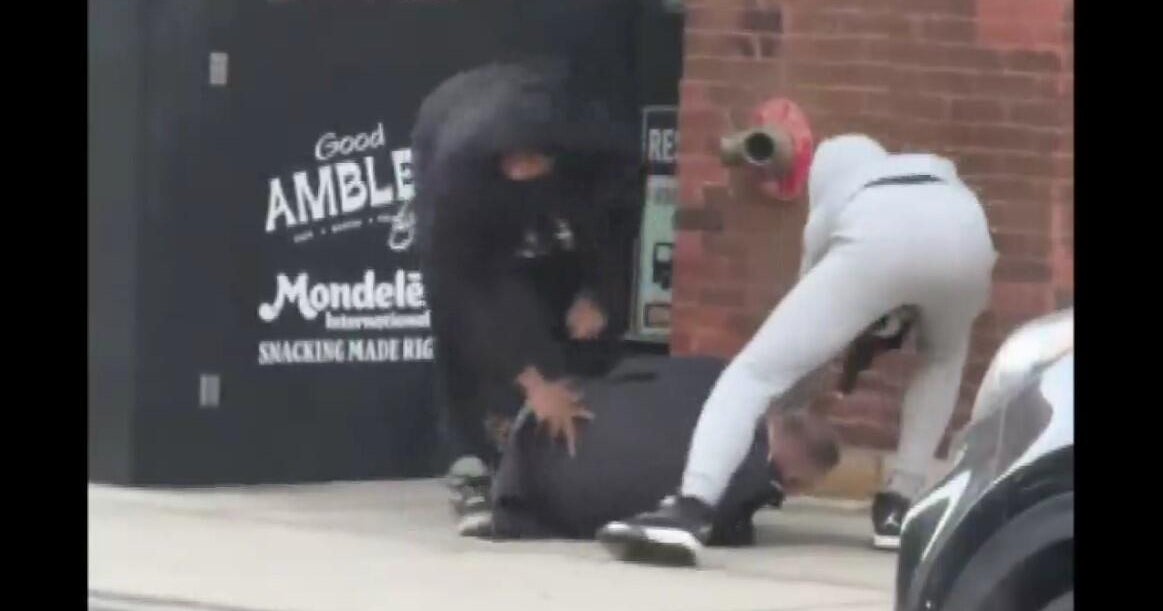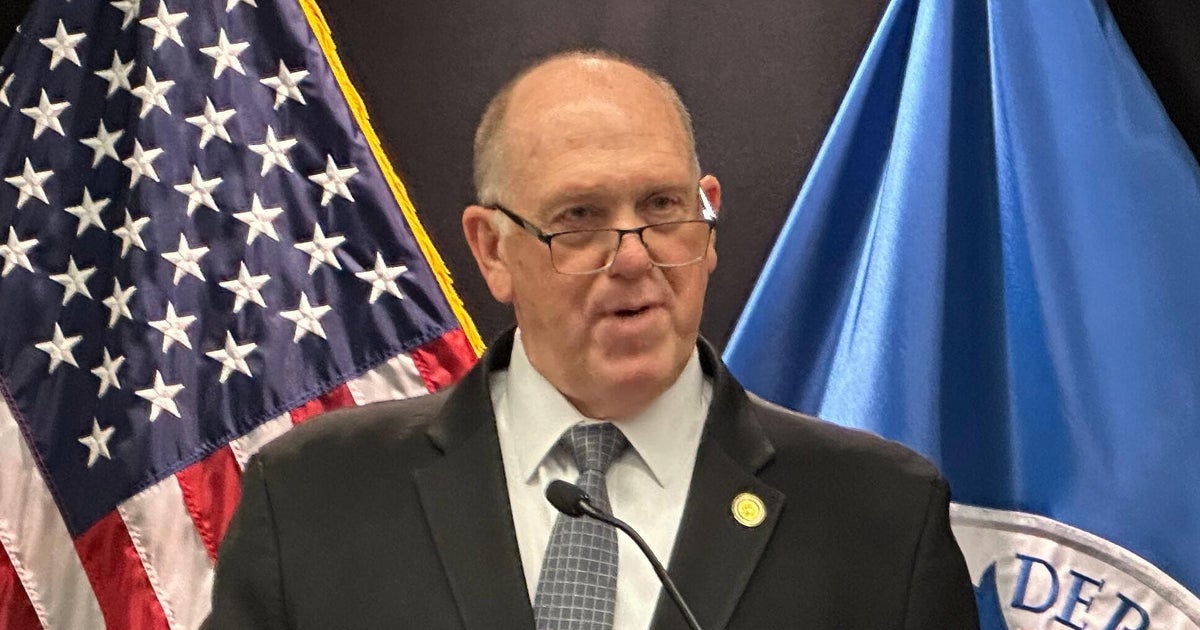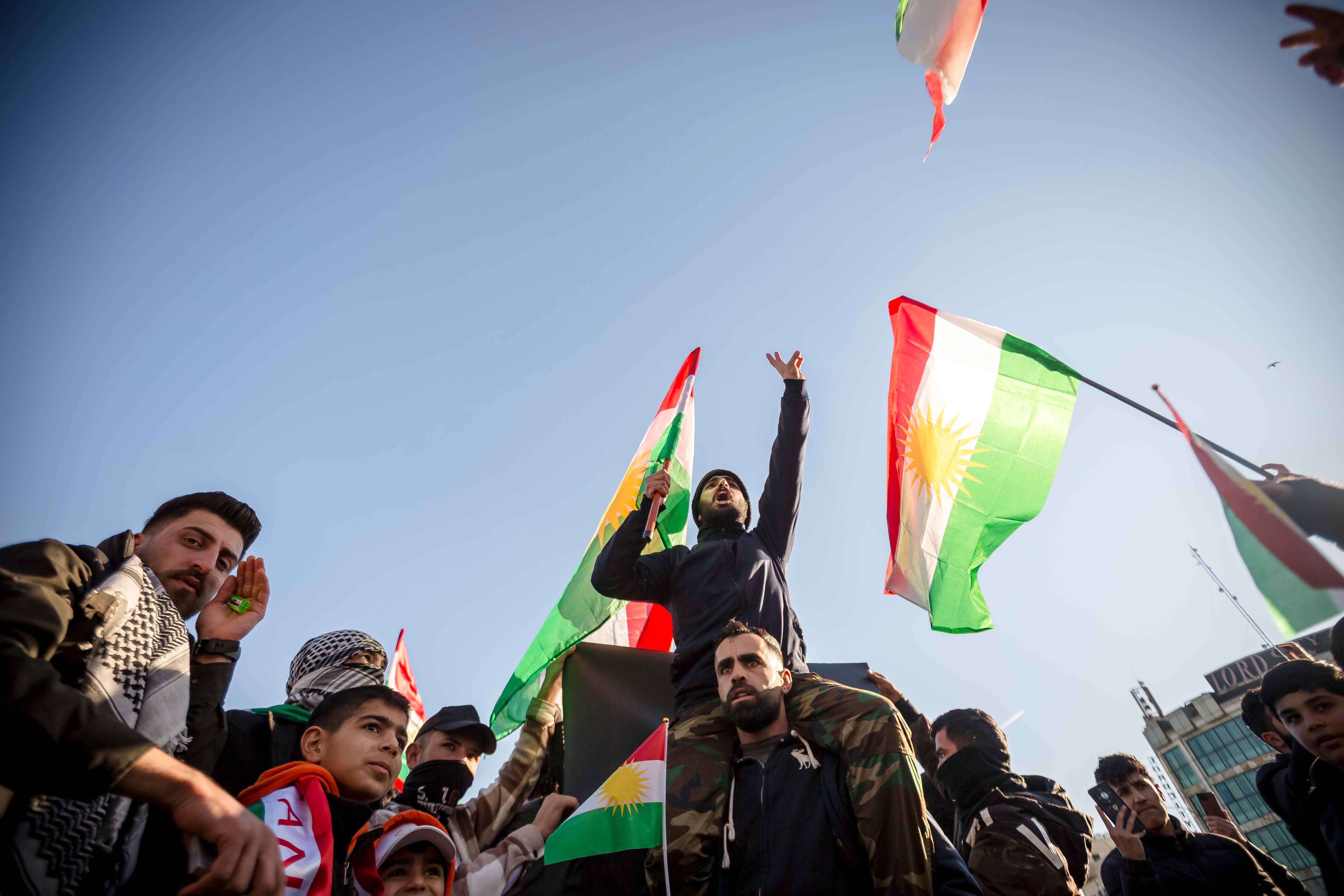U.S. weapons help tighten noose on ISIS, but 1 ally isn't happy
NEAR RAQQA, Syria -- A sniper kept his eye trained on the horizon as a commander spoke into his radio. Moments later, they watched smoke rise in the distance where a U.S.-led coalition airstrike had hit the village of Telha, on the outskirts of Raqqa.
CBS News correspondent Holly Williams watched as the Kurdish fighters kept ISIS in their sights from a forward position near the northern Syrian city, which is the extremists' de-facto capital and last major urban bastion in Syria.
The Kurds are edging closer to Raqqa, where around 3,000 ISIS extremists are thought to be dug in. The U.S. coalition attacks from the air, but without the Kurdish militia on the ground, there would be no hope of defeating the militants.
"We want to liberate the people being held captive by ISIS," militiaman Azad Kobani, who has been fighting ISIS for three years, told CBS News. "We want to free the women being held as slaves."
New weapons sent to the Kurdish forces from the U.S. -- mortar shells, artillery and armored vehicles -- will help them tighten the noose on ISIS.
But those weapons have also infuriated Turkey, a key U.S. ally in the tumultuous region. It says the Kurdish fighters are linked to terrorists, accused of carrying out a spate of suicide bombings inside that neighboring country.
Agid Silopi, a Kurdish commander on the ground near Raqqa, told Williams that President Trump has proven he's a true friend by sending the weapons.
Silopi showed CBS News the bodies of two ISIS fighters killed by his men, and then revealed that he is originally from Turkey. He would be arrested if he returned there now.
We asked Silopi if the new American weapons could end up back over the border in Turkey, and theoretically be used in Kurdish separatists fight against the Turkish government.
"If someone attacks us, we'll defend ourselves," he told Williams. "But we haven't used the weapons from the U.S. against Turkey, because we stick to our word."




